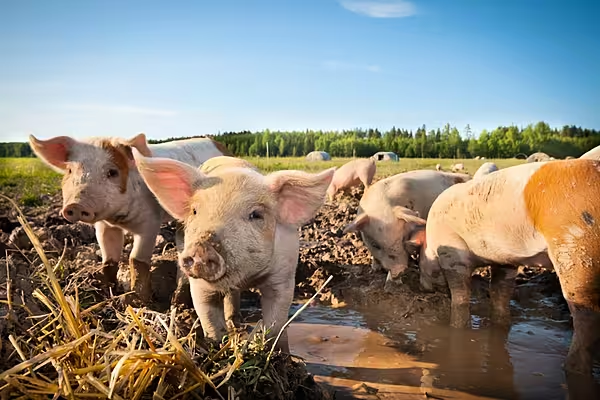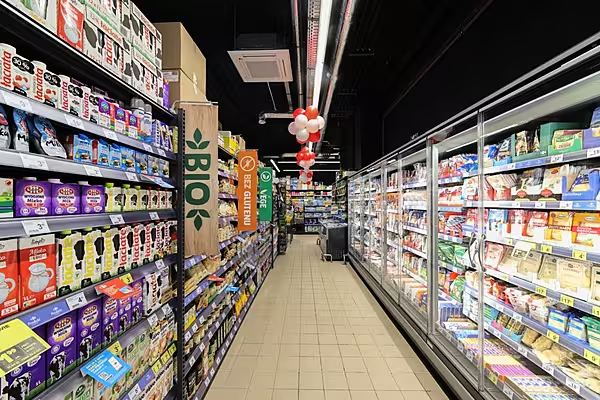The food industry is key to supporting growth of the everyday economy in the UK, according to a new report by the IGD.
IGD’s latest Economics Viewpoint report, Powering the Everyday Economy - the role of the food system, explores the value of the UK food industry to support growth and resilience at a local and national level.
Food and drink remains the largest private sector employer in the country, accounting for one in eight jobs and 40% of all UK retail sales, data showed.
'Recognising the value of the whole food system is essential to a thriving UK,' the report noted.
Commenting on the UK Government's Autumn Statement, IGD chief economist James Walton said, "The Autumn Statement includes special policy measures to support investment in selected, strategically important industries. These are listed as motor vehicles, aerospace and life sciences.
"Food production, processing and distribution are not mentioned, despite their huge economic value – food is the biggest manufacturing sector and is, arguably, more important to shopper welfare."
Food and consumer goods stores represent 40% of all UK retail activity.
'Local Economies And Wider Infrastructure'
The food and drink industry is critical to powering both local economies and wider infrastructure as it is the largest manufacturing sector, valued at £25 billion annually.
Accoridng to Michael Freedman, IGD Head of Economics the UK goverment's Autumn Statement "has the potential to provide some welcome news for hard pressed consumers, particularly the significant rise in the national living wage from £10.42 to £11.44 per hour."
He added, "Our Viewpoint reports have highlighted how the least well off have been most impacted by the cost-of-living crisis. The 2% reduction in national insurance will benefit 27 million people from January, after the Christmas trading period.
"However, it is still unclear what the overall impact on consumers will be with changes to the energy price-cap to be announced shortly. Many are still feeling scarred by high food price inflation, relatively high interest rates and the highest tax burden for 70 years."
The report also revealed that, although unemployment is ‘nudging up, ‘the food industry is uniquely placed to get people into work'.
Low Demand
While raising base interest rates has slowed inflation, demand for goods is still low due to continued financial stress, with lower income households particularly experiencing food stress.
Data showed that 46% of lower income households are most likely to cut back on food and grocery shopping in the next few months.
Experts at IGD predict that the wage growth experienced by some industries may encourage workers to pay-off debt rather than spend.
The report also iterates that the industry can have a significant impact on net-zero ambitions, and that this has become more relevant as the government has become 'less interventionalist'.
Matt Stoughton-Harris, IGD’s economics and public policy manager said, "Recent months have seen delayed legislation across the waste and resources agenda, with businesses anxious to gain more certainty of the landscape in the run-up to the General Election."
Economists at IGD expect food inflation to slowly decline to sit at 8-10% by the end of this year.
However, the report highlighted that the business landscape is 'complex and uncertain' and ‘powering the everyday economy’ via a collaborative food industry is essential to increase growth, resilience, consumer confidence and alleviate stress to households in communities across the UK.













